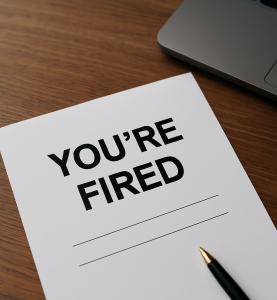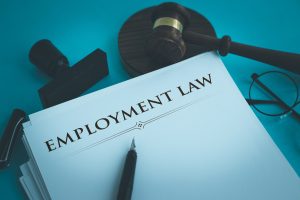Firms that can identify, train and recruit the best workers put themselves at a considerable advantage. But when you're devising your recruitment strategy, there are a few legal questions to think about.
Employed vs self-employed
On the average construction site, you might find plenty of workers who are direct employees of a company. Others, on the other hand, will work for themselves. Your employees are protected by a range of extra rights, including the right to statutory sick pay, time off for emergencies, and notice of dismissal.
As an employer, it’ll be down to you to ensure tasks and projects are carried out in an orderly fashion, from recruiting the right labourers to sourcing the right building products.
Of course, some rights are enjoyed by both employed and self-employed construction workers – such as the right to a safe working environment. We'll come to that shortly.
Recruitment
Hiring the right people matters hugely, especially if you're going to be committed to them for the long term. In construction, the work of one individual will tend to have knock-on effects that are felt by everyone. If the quality of the bricklaying is poor, for example, then no amount of plastering will be able to correct it.
To give everyone the best possible chance of contributing in the right way, it's a good idea to devise a fixed onboarding procedure. Recruits might be shown the ropes by an onsite mentor; that way, they'll be quickly brought into the culture you're trying to foster. If you end up having to dismiss someone, you could find yourself in legal hot water – better to vet them at the early stage, instead.
One factor that's worth paying attention to is the ability of the worker in question to drive. Too many points on a license can affect a worker's ability to show up, which might hurt your project. This is something that can be mitigated with the help of the right car gap insurance.
Ensuring building sites are safely worked on
Alongside agriculture, construction is among the most dangerous industries in the country. Employers owe onsite workers a duty of care, which means devising a health and safety policy and implementing it. This might start with a risk assessment, which should be performed at regular intervals. If you've done this, and acted upon your findings, you'll be at reduced risk of legal action.
Similarly, you might foster a safer environment by mandating the use of hard hats, gloves, high-vis vests, and other pieces of protective equipment. Do this with the consent of your workers, agree upon the rules, and enforce them unflinchingly.
Creating a safe environment will not only protect you against legal trouble; it will also mean a more productive workplace with reduced rates of absenteeism, and a workplace that retains workers rather than driving them away. As such, it's something that should be central to your business's culture.





















